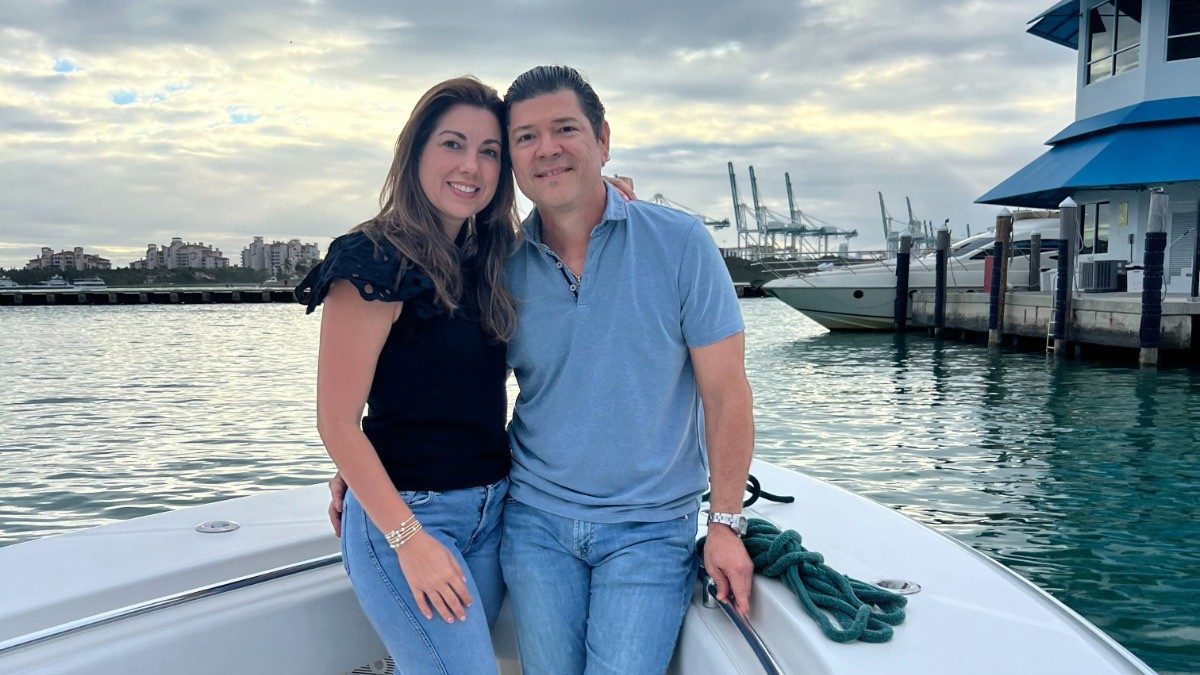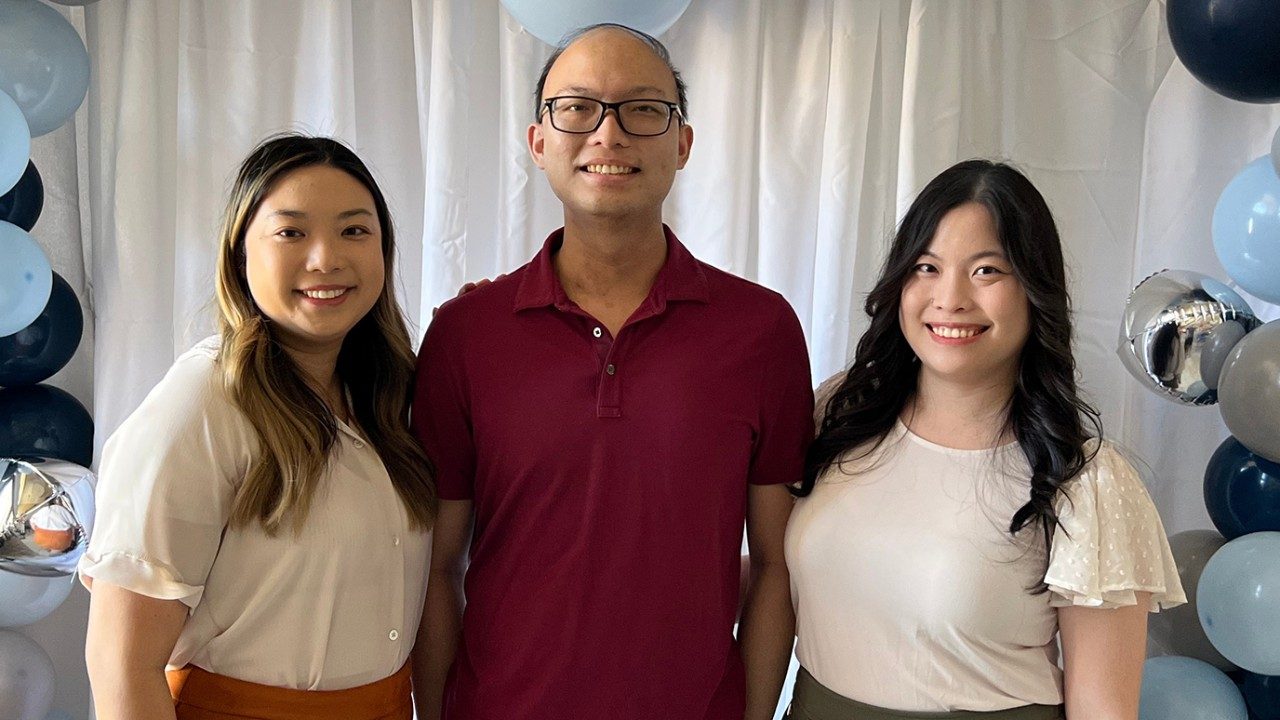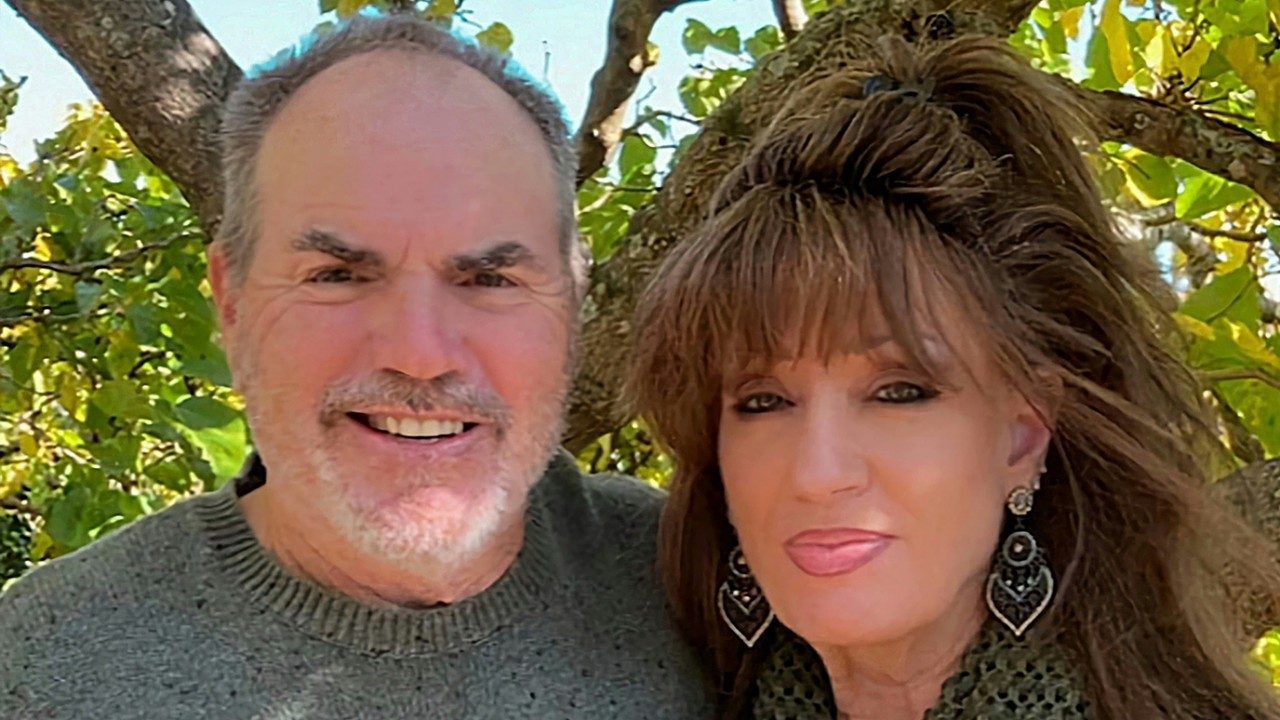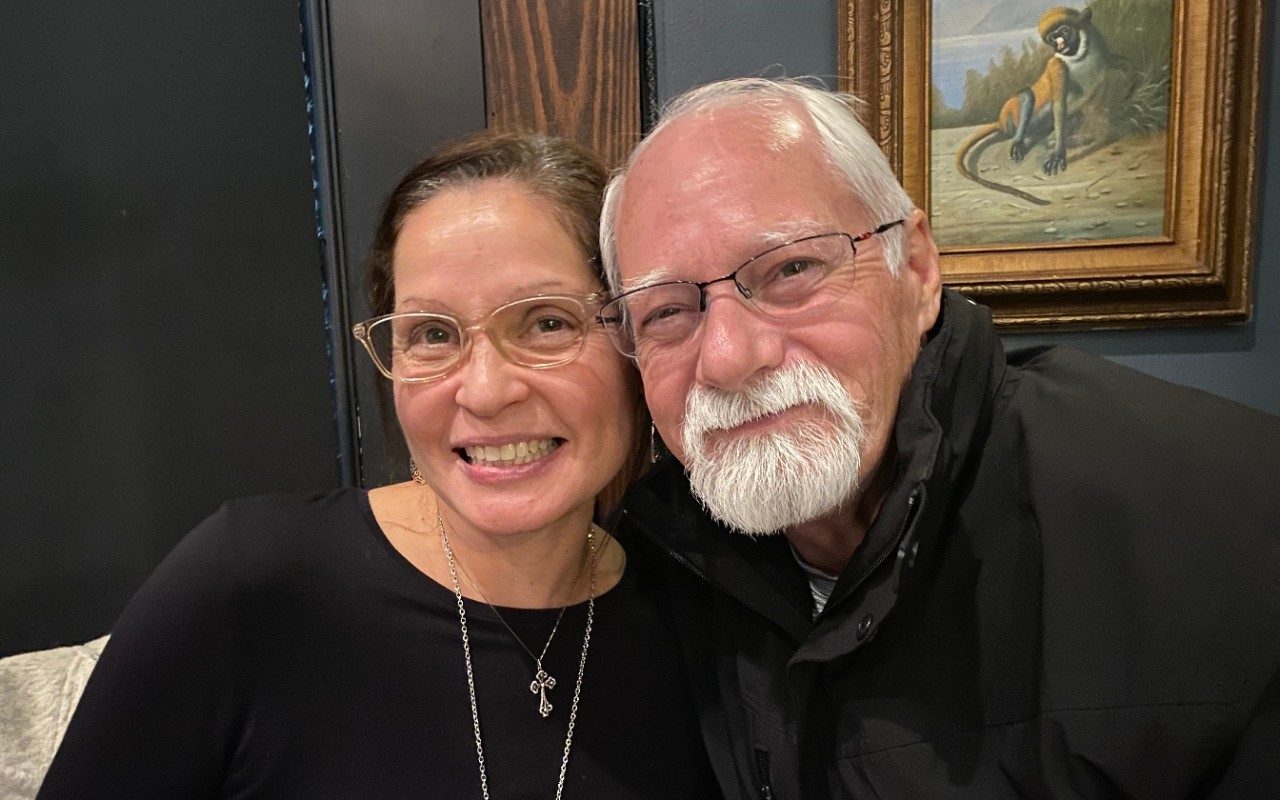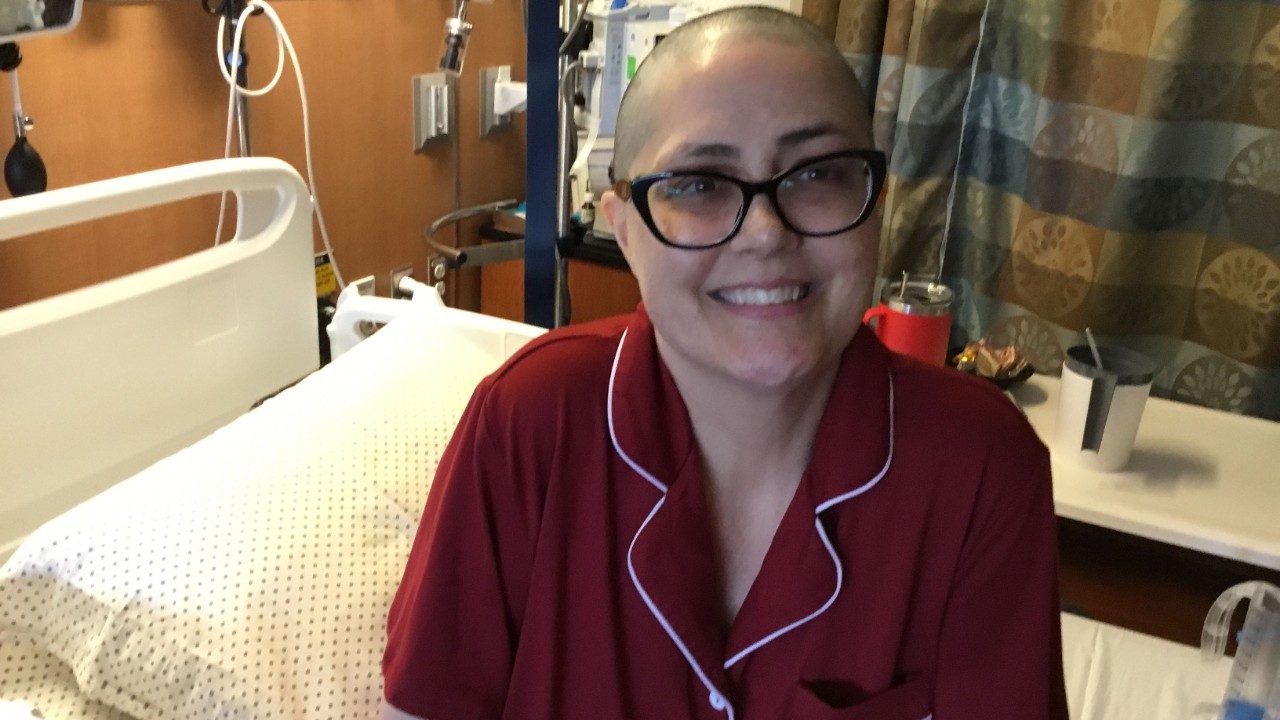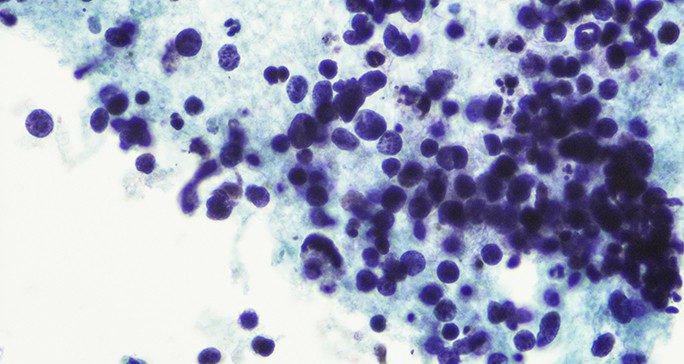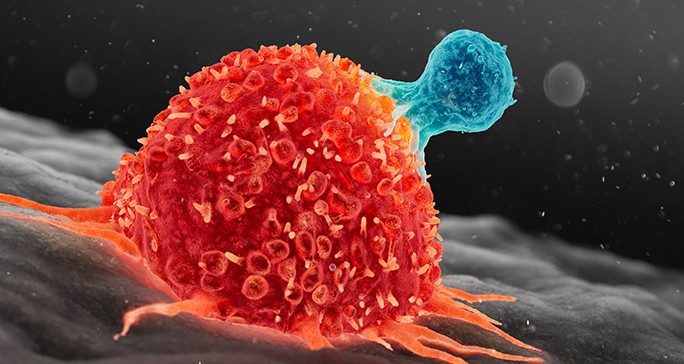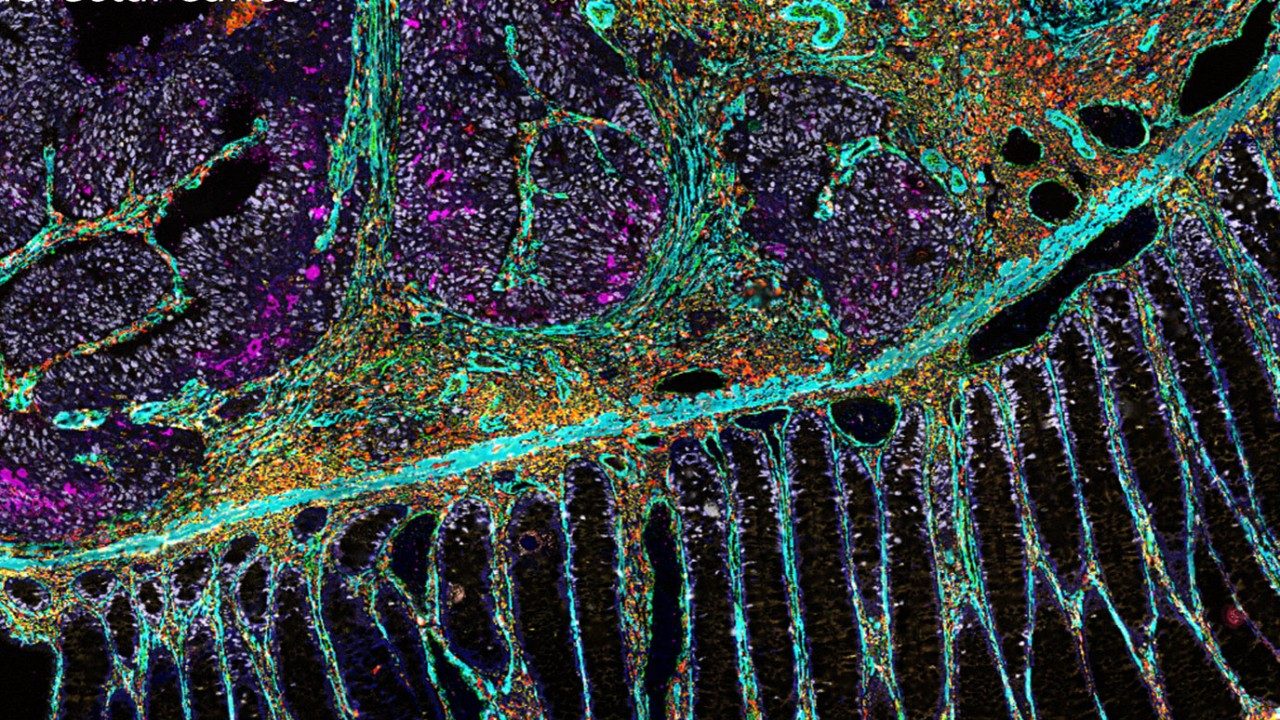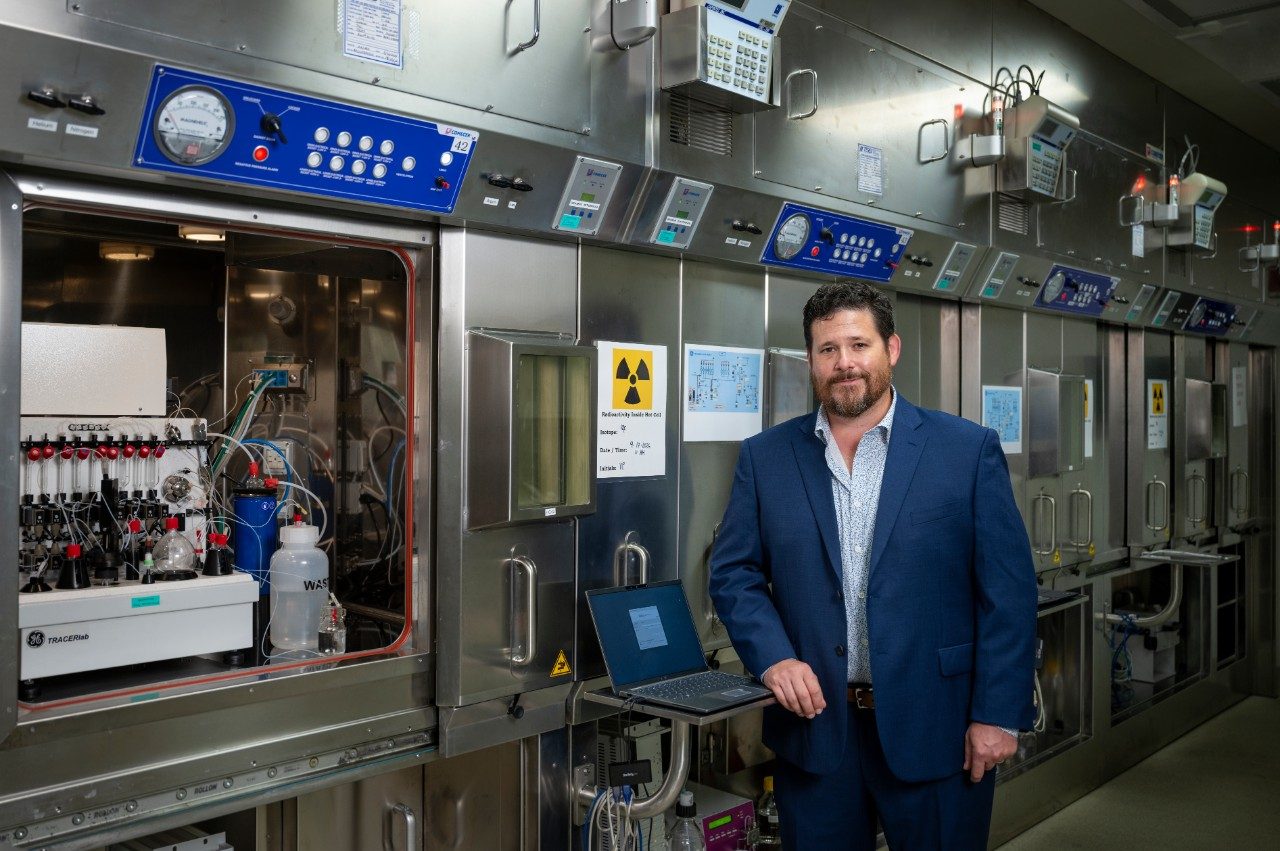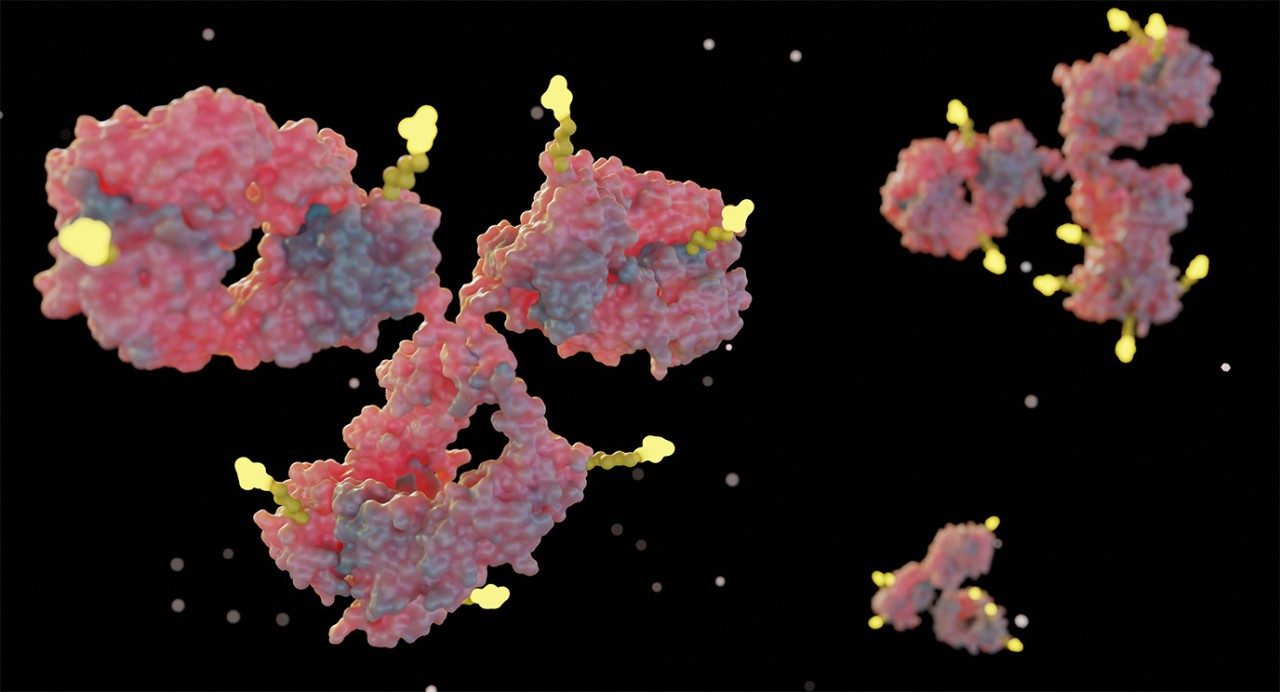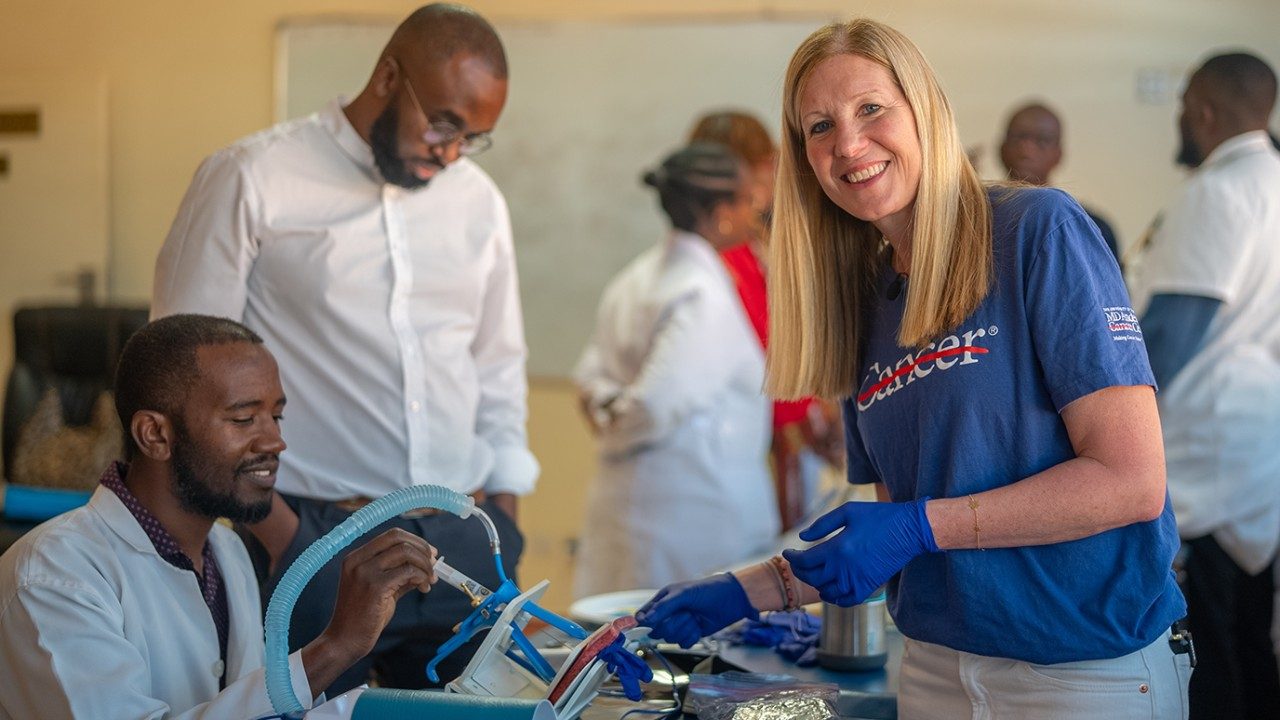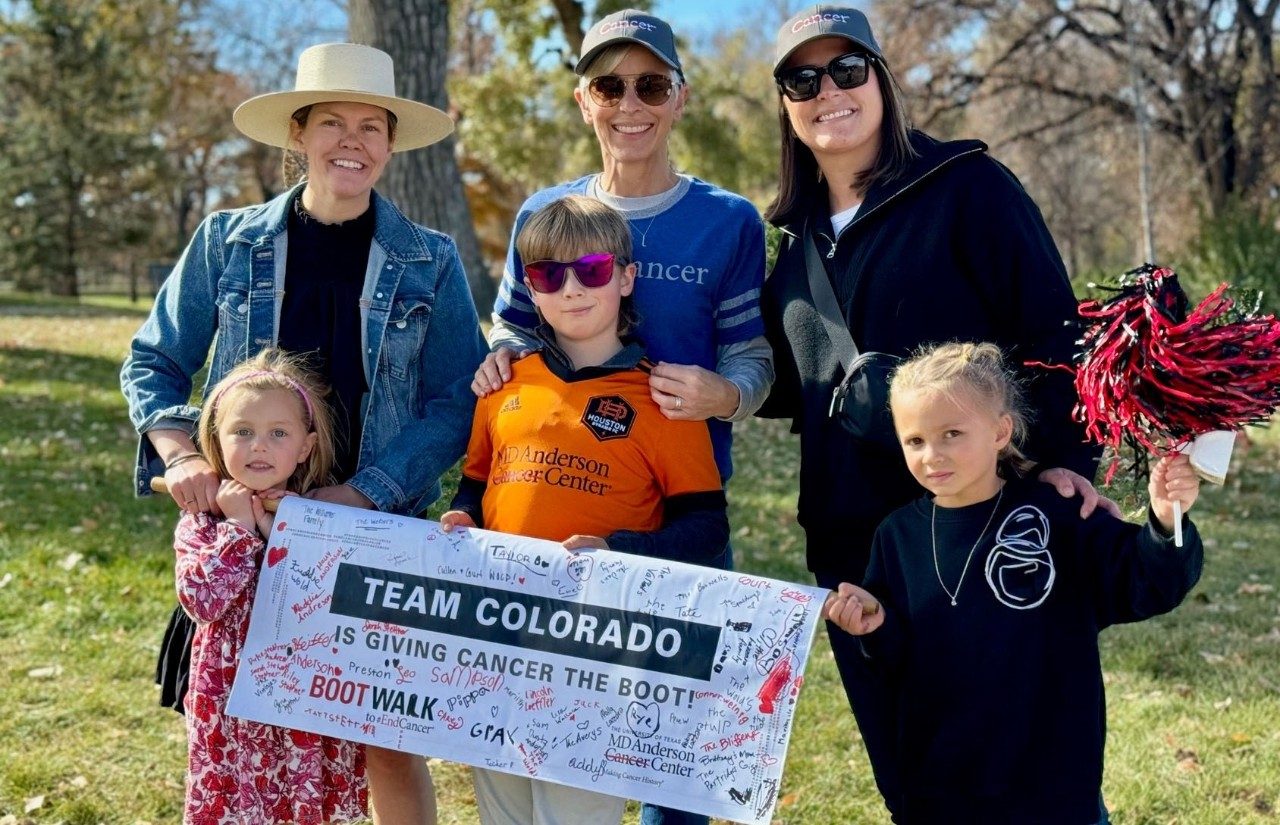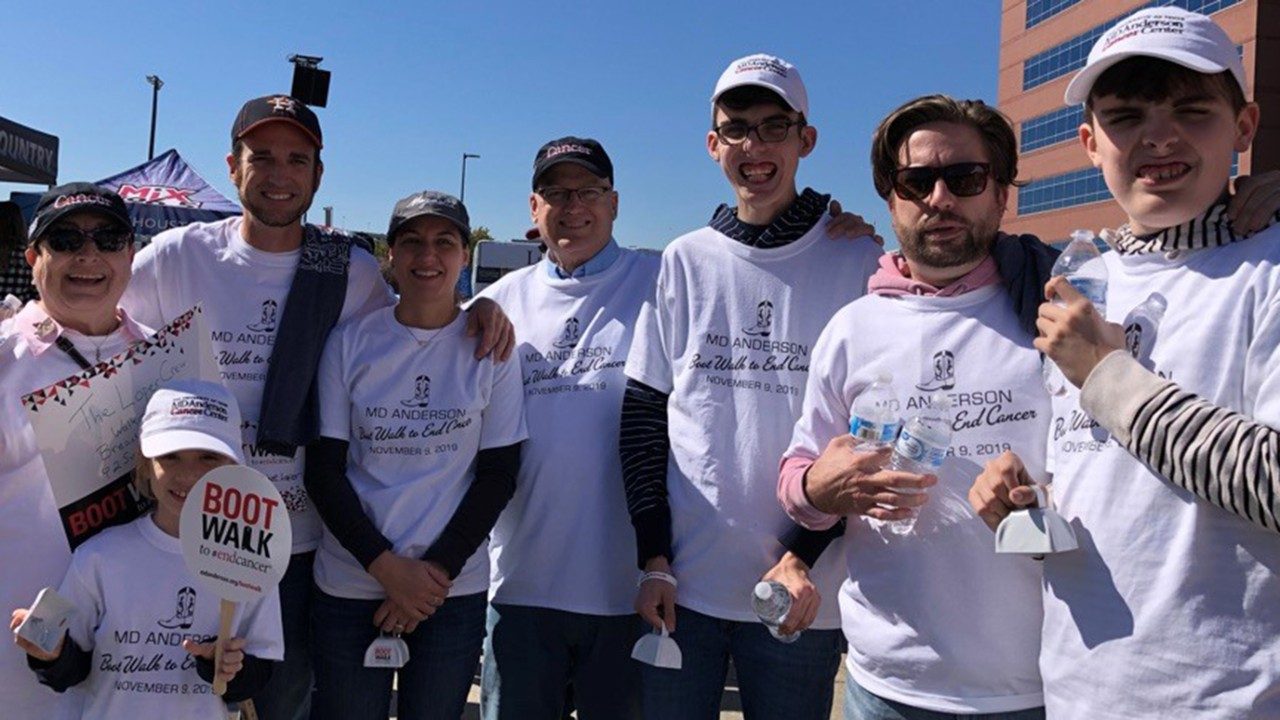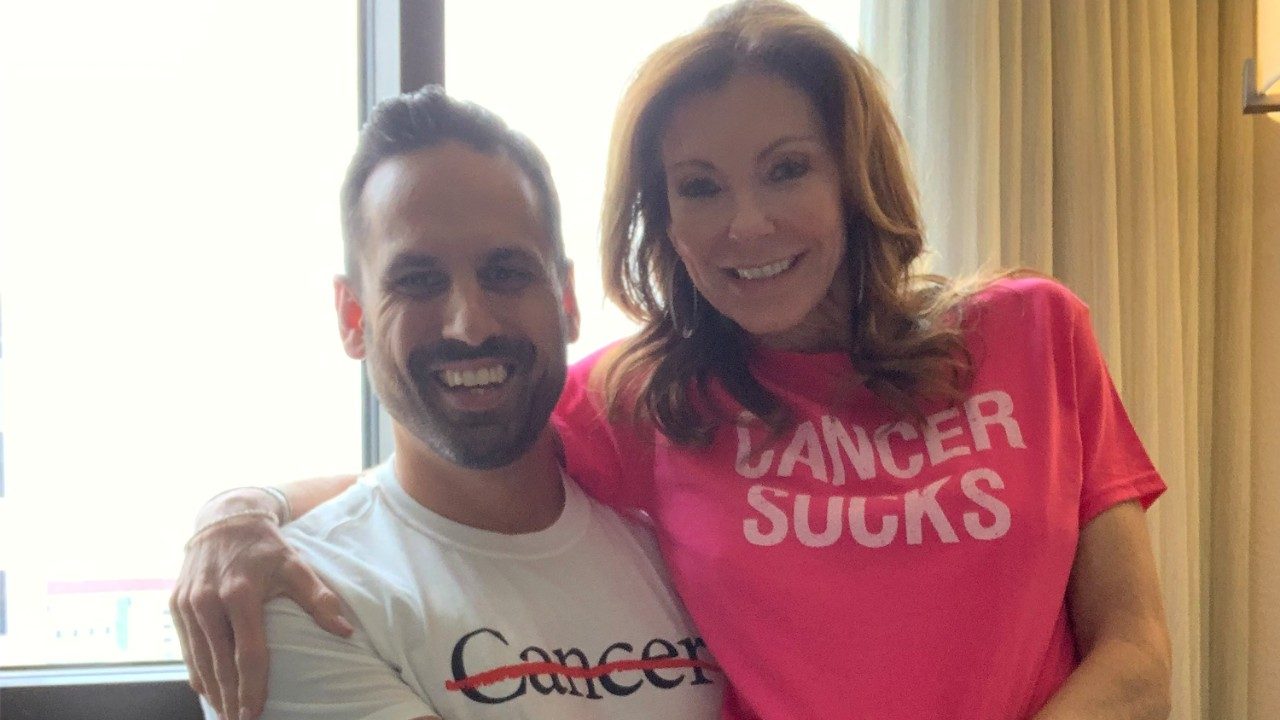Journal prompts for cancer patients and caregivers
Journaling is a helpful way to process events, express emotions and reflect on growth and progress. But journaling can also feel overwhelming, especially when you don't know where to begin.
That’s why I’m a big fan of writing prompts.
Each month, I lead a Healing Through Writing support group for MD Anderson patients and caregivers. We use expressive writing prompts to get thoughts, feelings and concerns out of the brain and onto paper.
If you’d like to try journaling but aren’t sure how to start, you’re in the right place. Read on for two prompts anyone can try, plus tips for making the most of your journaling process.
What is expressive writing?
In the Healing Through Writing group, we use a type of journaling called expressive writing. It involves writing about the same topic for a short amount of time, several days in a row. This might look like writing about a topic for 10 to 15 minutes for 4 or 5 days in a row.
This style of journaling was originally designed to help people process traumatic events, but it is now used for a variety of purposes including stress reduction.
Who can benefit from journaling?
Anyone experiencing stress may benefit from journaling. That includes anyone who's experiencing a cancer diagnosis, whether as a caregiver or patient.
Sometimes, we get stuck in our heads and don’t really process our emotions. Journaling can help with that emotional regulation. Journaling is also a good reflection tool. Reviewing past journal entries can help you see the growth and progress you've made.
Don’t consider yourself the best writer? Far from a grammar guru? Couldn’t survive without spellcheck? Give journaling a try anyway! The goal of journaling isn’t to write an award-winning paper. The process of journaling is more important than what actually ends up on paper.
How to start a journaling practice
Ready to start journaling? Here's how.
Find a place to write
First, find a comfortable space to write. For some, this means working alone in a quiet room. For others, it means working in a bustling coffee shop. Find what works for you!
Journaling doesn’t have to mean writing in a dedicated journal. Write using any method you prefer: pen and paper, computer, tablet! It’s up to you.
Set a time limit
I usually recommend limiting a journal session to about 10 to 15 minutes. Time limits can make journaling feel more manageable and prevent you from getting stuck.
Don’t think too hard
It’s not every day you are told to think less, but the advice ‘don’t think too hard’ can be helpful for journaling. Simply start writing. If your writing doesn’t stick to the prompt, that’s OK! The prompt is simply there to help you get started. Allow everything in your brain to flow through your pen and out onto paper.
Write several days in a row
In expressive writing, we focus on the same prompt for 4 or 5 days in a row. This helps you get more comfortable journaling, but it also allows you to see how your mindset changes over time. Feel free to read what you wrote the day before and continue to expand and reflect on the topic. This allows you to explore a topic in-depth without having to sit down for 45 minutes in one day.
Journaling multiple days in a row also takes away some of the pressure to have a “good” session. If you don’t feel great about how it went, you can try again tomorrow.
Make space for your emotions
Journaling can evoke powerful emotions – even tears – especially if you're reflecting on traumatic experiences or stressors. As long as you aren’t overwhelmed, it’s OK to keep writing.
If you are overwhelmed, take a break or switch to a different topic – even writing a grocery list or describing your surroundings. You can also call a loved one or reach out to a social work counselor or therapist to get the support you need.
Reflect on your writing
In our monthly support group, attendees spend the first 10 minutes writing about a prompt. Then, members can share parts of what they wrote, talk about the writing process, discuss their cancer experience or simply listen.
Here are some questions we use to reflect on the writing process:
- What emotions came up as you were writing?
- Did anything you wrote surprise you?
- Did it feel easy or hard to write about this topic?
- Was journaling helpful?
A group setting provides much-needed peer support for attendees, letting them know they’re not alone and that other people have similar experiences. But journaling in a group setting or sharing what you wrote certainly isn’t a requirement. Journaling individually still helps you process emotions and express feelings you may not be comfortable saying aloud. In fact, nobody needs to see your journal but you. You can rip up what you write or throw it in the trash after you’re done; it doesn't matter!
Try out these expressive writing prompts
Here are two prompts we have used in the Healing Through Writing group.
Prompt 1: Write down the things you're grateful for. Write freely without regard to spelling or grammar. Don't think too hard, don't evaluate or censor. Keep writing until no more words or topics appear.
Prompt 2: Reflect on the strengths that will help you or have helped you during your cancer diagnosis. List them and think about how you developed those strengths.
If neither of these prompts resonate with you, no worries! You can find plenty of journal prompts online. Simply search ‘journal prompts for cancer patients’ or ‘journal prompts for cancer caregivers’ to find ideas that will spark your journaling practice. Once you get going, most people realize they like journaling and that it’s really helpful.
The Healing Through Writing support group is held on the second Wednesday of each month at 2 p.m. Register for upcoming sessions.
Request an appointment at MD Anderson online or call 1-877-632-6789.
What to know about metastatic prostate cancer
Journal prompts for cancer patients and caregivers
4 things to know about cortisol and stress
Can dark-skinned people get a sunburn?
Mammogram vs. breast ultrasound: What’s the difference?
|
$entity1.articleCategory
|
|---|
|
$entity2.articleCategory
|
|
$entity3.articleCategory
|
|
$entity4.articleCategory
|
|
$entity5.articleCategory
|
|
$entity6.articleCategory
|
Find stories by topic
Read inspiring stories from patients and caregivers – and get their advice to help you or a loved one through cancer.
Find out everything you need to know to navigate a cancer diagnosis and treatment from MD Anderson’s experts.
Get MD Anderson experts’ advice to help you stay healthy and reduce your risk of diseases like cancer.
Learn how MD Anderson researchers are advancing our understanding and treatment of cancer – and get to know the scientists behind this research.
Read insights on the latest news and trending topics from MD Anderson experts, and see what drives us to end cancer.
Find out what inspires our donors to give to MD Anderson, and learn how their generous support advances our mission to end cancer.




